Brown spots caused by hyper pigmentation are usually the result of excessive sun exposure combined with age.
According to the Mayo Clinic, “Age spots are very common in adults older than age 50. But, younger people can get them too, especially if they spend a lot of time in the sun.”
Although they are not harmful in themselves, most women would rather nix age spots.
Before you try any skin-lightening option, make sure you check with your dermatologist first.
Only a medical doctor can determine whether your skin irregularities are cancerous or nothing to worry about. Then, ask her about the following options.
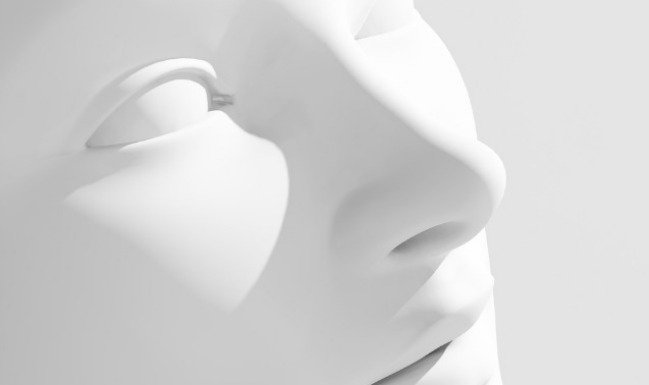
Never leave the house without sunscreen
Especially if you live in a warm climate and during the summer, you need sunblock.
Prevention magazine specialist Dr. Debra Price says, “If I could have only one skin care product, it would be a sunscreen.”
Not just any sunscreen, either. You need a broad-spectrum sunscreen that will block both UV and UVA rays.
Go for an SPF of at least 30, and a brand that contains at least one of these ingredients: avobenzone, oxybenzone, titanium dioxide, or zinc oxide.
Simply adding sunscreen to your daily beauty routine and wearing a good hat and sunglasses not only prevent sun damage, but may also help your skin somewhat revert to its pre-sun protection days appearance.
Ask your doctor about hydroquinone or tretinoin
Hydroquinone is one of the most effective skin lighteners around, but is very controversial as it has proven to cause cancer in mice.
Tretinoin is also known in the U.S. by its brand name Renova, and is effective in not only unifying the tone of your complexion but in treating fine wrinkles.
Also Read: 7 Lifetime Habits to Look Fabulous at Fifty
Both hydroquinone and tretinoin make your skin more sensitive to the sun, which takes us back to step one, which is never skipping sunscreen.
I’ve used both hydroquinone and tretinoin and have been very pleased with the results, but no two complexions are alike.
Some women complain about dryness, which is exarcerbated by tretinoin. This can be counteracted with a good facial moisturizer.
You can also opt out of the prescription strength and use a cosmetic cream that includes retinoic acid at a much lower strength. The results may not be as dramatic, however.
Try facial creams with kojic acid
Kojic acid is an all-natural compound derived from fungi. It works by slowing down the production of melanin, which results in lighter skin.
It appears to take longer to show results than other remedies, as my own skin can attest, but it also may be safer.
Any product that lightens the skin still makes it more susceptible to sun damage, so once again, you just can’t afford to skip the sunscreen!
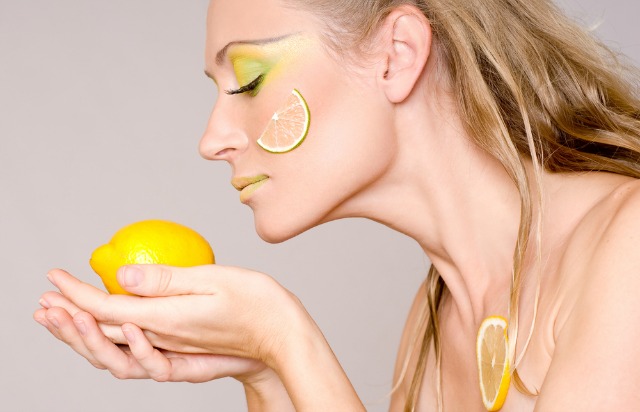
Try natural remedies
I remember my Spanish abuelita, now 97, slicing lemons and scrubbing the backs of her hands with them to bleach age spots when she was younger.
As kids, my sister and I would squeeze lemon juice into our hair to lighten it while we hung out at the pool in the summer.
It can’t hurt to try it on brown spots on your face, but be careful to avoid the eye area.
Japanese women swear by rice water to lighten their skin. It’s certainly a cheap and readily available solution! I can’t speak from experience though.
What is your experience with skin-lighteners, and what has worked for you?
Disclaimer: This article is not meant to substitute medical advice. Always consult with your dermatologist before using any kind of skin-lightening product.
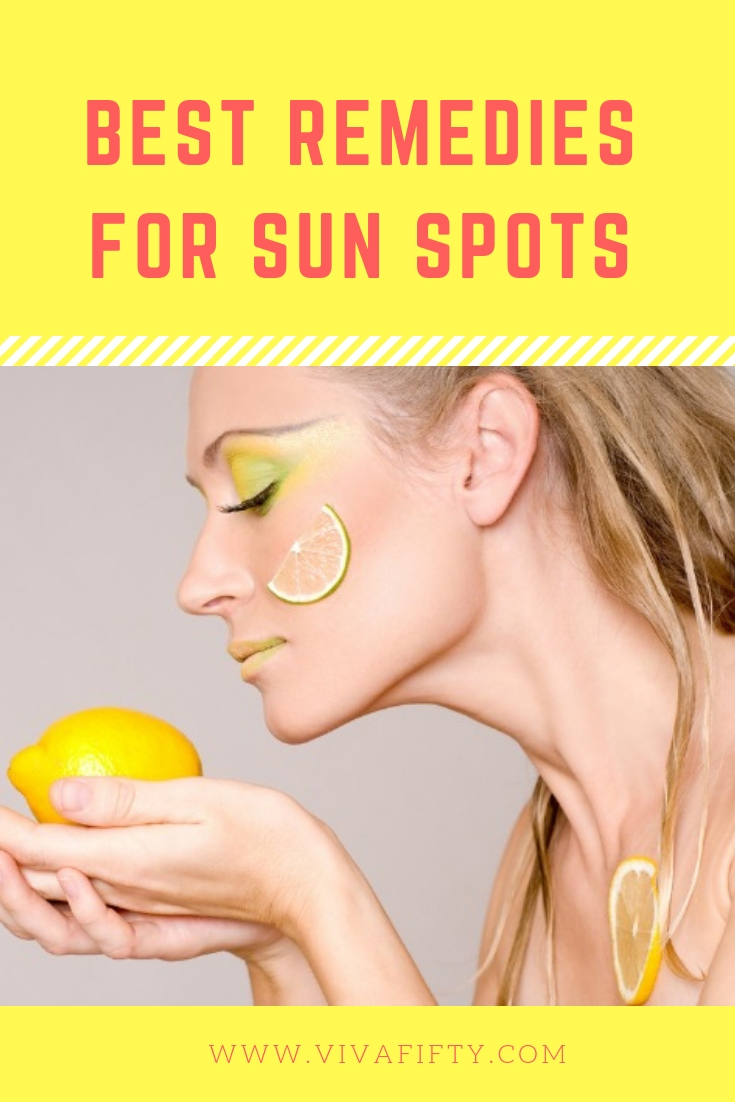

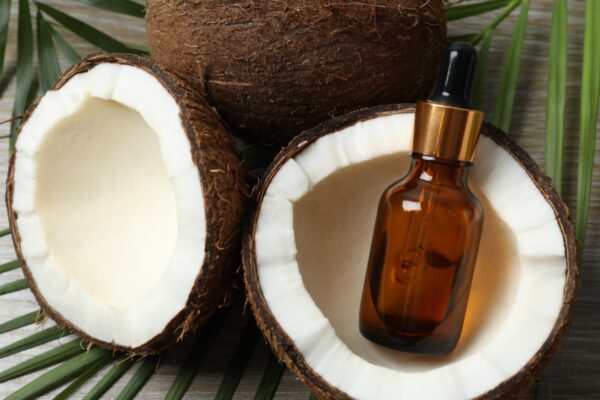
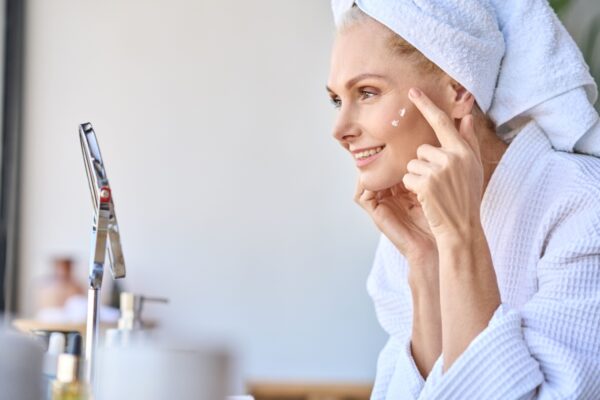
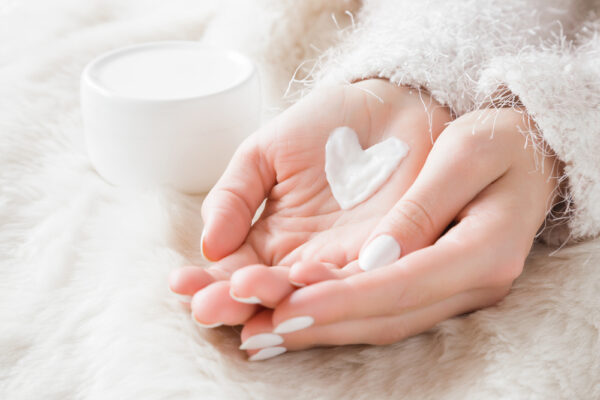
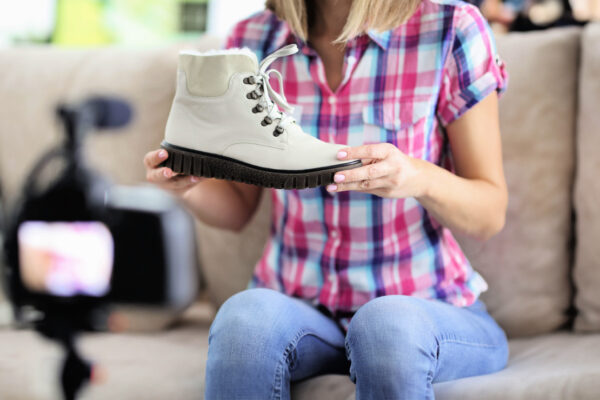
Laura Carbonell
Thank you! I love retinoids and I will use some of your suggestions. In fact, I started using retinoids because of your recommendation.